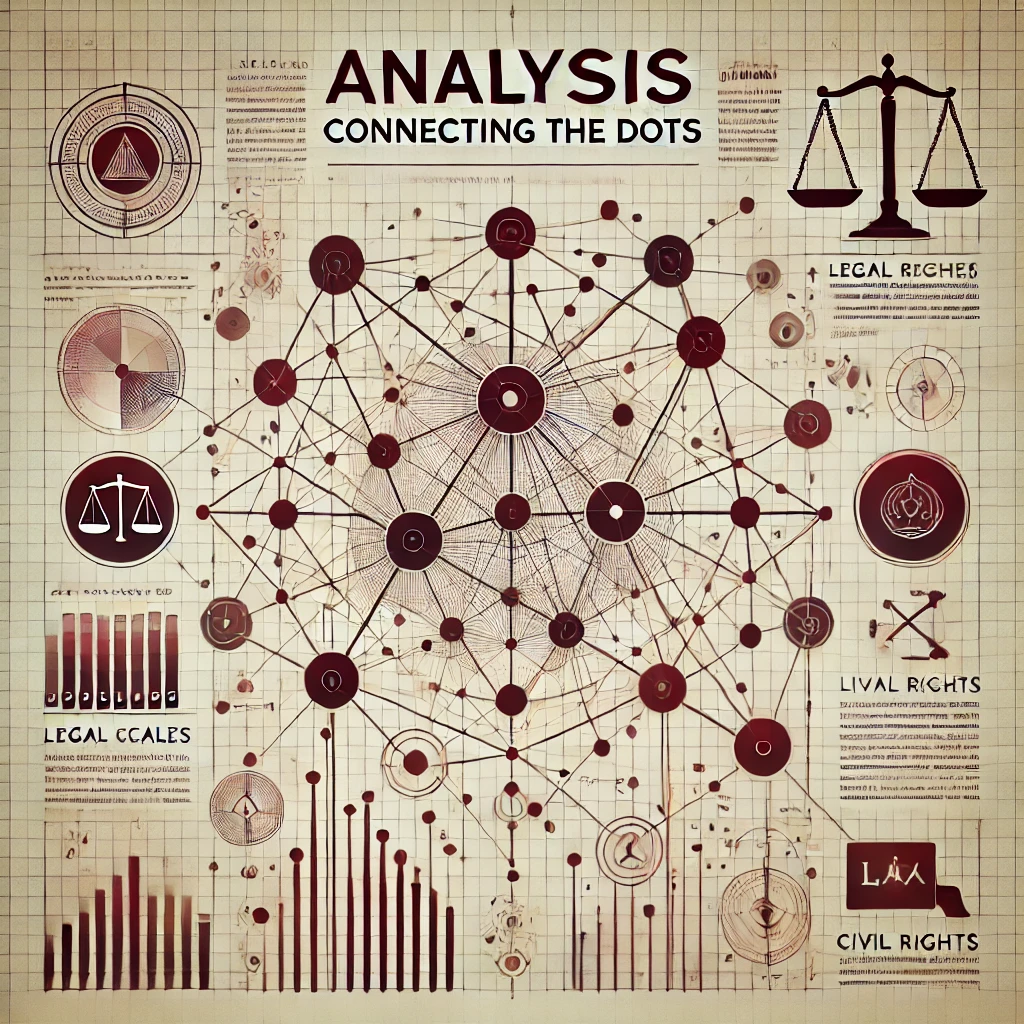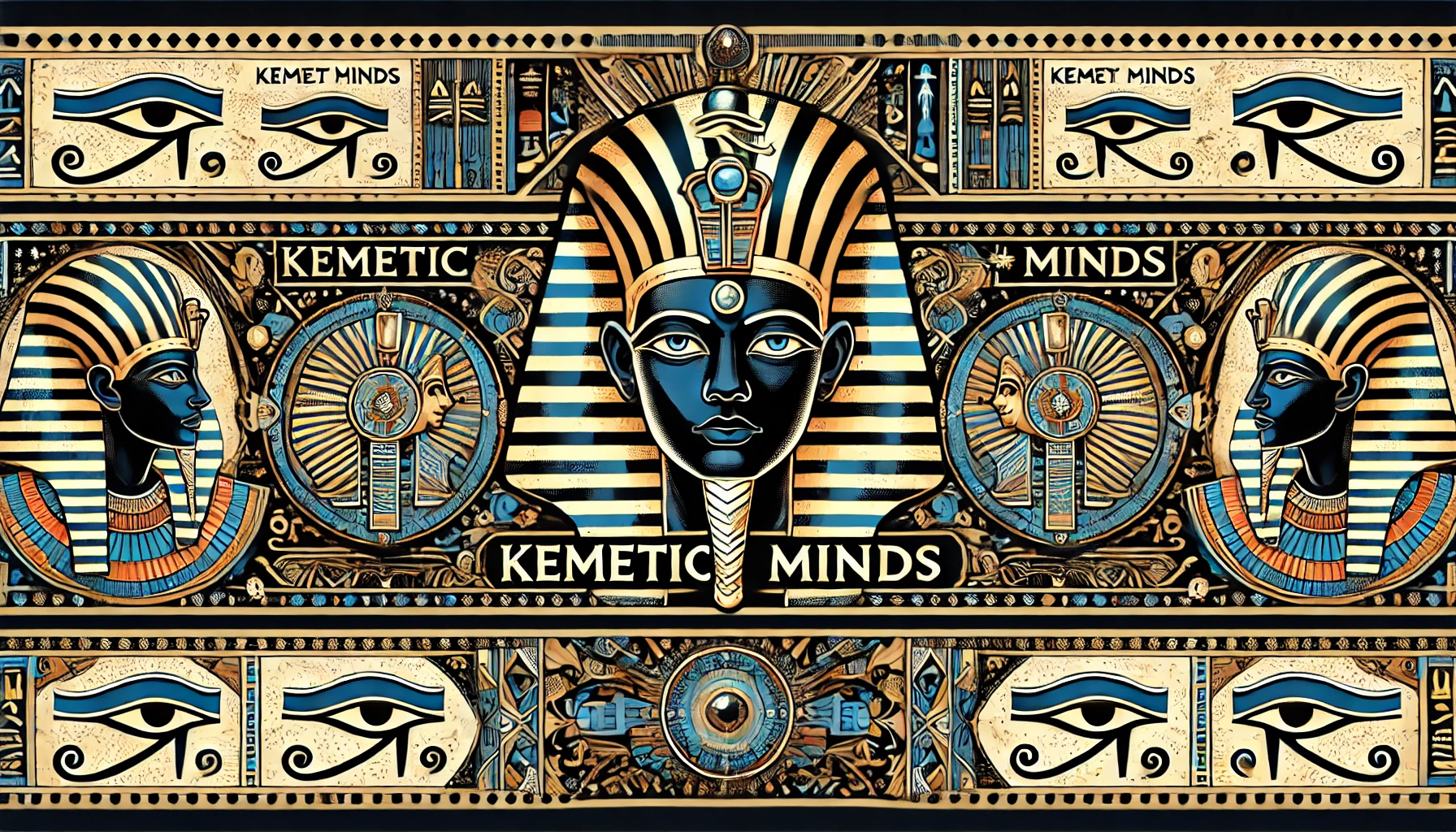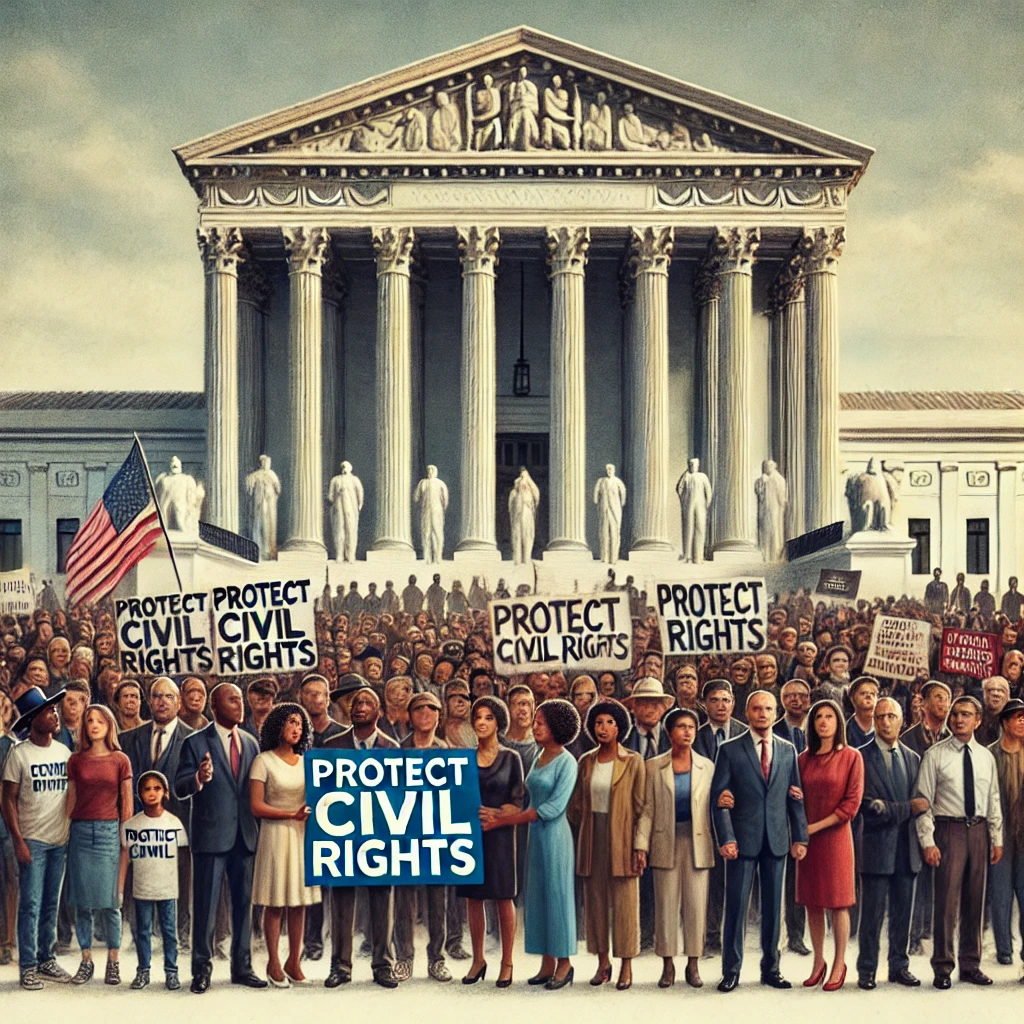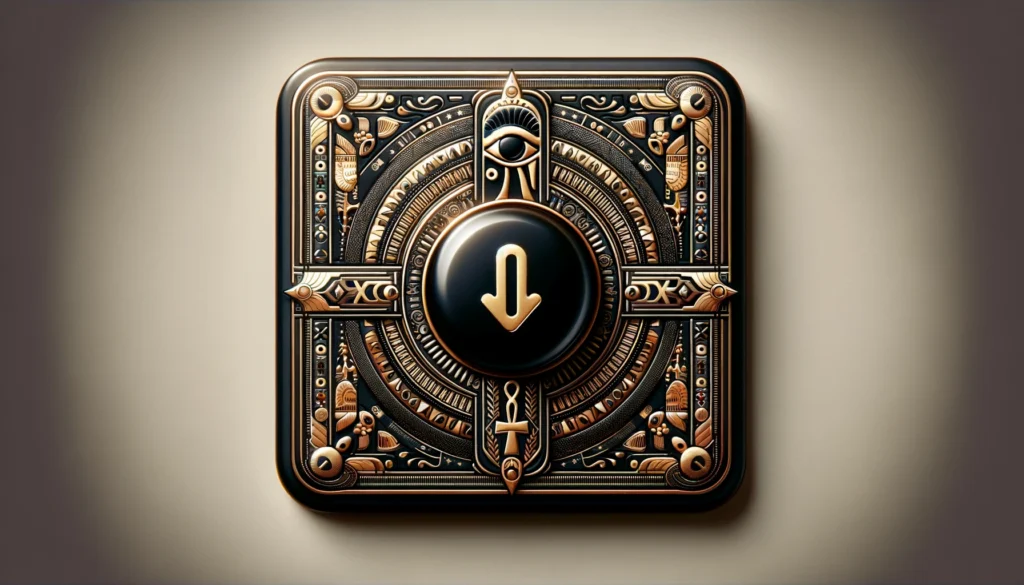Article Summary
The blog post examines recent legislative and judicial actions that threaten civil rights protections in the U.S. It highlights the House’s removal of civil rights provisions from the American Privacy Rights Act, sparking outrage from advocacy groups. The post also discusses the Supreme Court’s ruling in City of Grants Pass v. Johnson, which allows cities to enforce public camping laws, disproportionately affecting minorities and the homeless. Additionally, it analyzes the Supreme Court’s decision on former President Trump’s immunity from criminal prosecution, emphasizing its implications for presidential accountability. These developments reflect a conservative influence on civil rights and DEI initiatives, underscoring the need for continuous advocacy to protect these rights.
House Guts Civil Rights Protections in Privacy Bill
On July 1, 2024, House lawmakers removed civil rights protections from the American Privacy Rights Act. Initially intended to prevent data collection discrimination, these provisions were stripped, sparking outrage from civil rights groups. Maya Wiley, president of the Leadership Conference on Civil and Human Rights, expressed that this move undermines civil rights in the digital age. Without these protections, vulnerable communities, particularly minorities, face increased data misuse and discrimination.1
Supreme Court Decision on City of Grants Pass v. Johnson
On June 28, 2024, the Supreme Court ruled in City of Grants Pass v. Johnson, allowing cities to enforce public camping laws even when shelter capacity is exceeded. This decision disproportionately affects minorities, who are overrepresented among the homeless. The ruling imposes additional burdens on Black families, criminalizing poverty and exacerbating existing inequalities.2
Supreme Court Decision on Trump Immunity
In a landmark decision on July 1, 2024, the Supreme Court ruled on former President Donald J. Trump’s immunity from criminal prosecution for actions taken during his presidency. The Court held that a former President has absolute immunity from criminal prosecution for actions within the core of his constitutional duties. However, this immunity does not extend to unofficial acts. This decision has significant implications for the separation of powers and presidential accountability.3
Analysis: Connecting the Dots

Here are a few examples of what is possible with these supreme court decisions, worst case scenerio. Of course, the best case scenerio is that Trump doesn’t do any of these things, but his history of racist remarks makes you wonder as a black person. He denied he knew anthing about the Heritage foundation but that’s just simply not true.
Example 1: Abuse of Executive Powers for Personal Gain
Scenario: As President, Trump issued executive orders and directed federal agencies to initiate projects that directly benefitted his personal business interests. These included infrastructure projects near his properties, leading to an increase in their value.
Implications: If these actions are deemed to be within his official duties, he would be immune from prosecution, setting a dangerous precedent that future presidents could exploit. This could lead to a situation where presidents use their office to enrich themselves without fear of legal repercussions, undermining public trust in the executive branch (Supreme Court of the United States, 2024).4
Example 2: Manipulation of Law Enforcement
Scenario: Trump directed the Department of Justice (DOJ) to investigate and prosecute his political opponents while protecting his allies from legal scrutiny. These actions were presented as part of his official duty to enforce the law but were primarily driven by personal and political motivations.
Implications: If the Supreme Court’s ruling protects such actions under the guise of official duties, it could encourage future presidents to weaponize law enforcement for personal vendettas, eroding the rule of law and democratic principles. The judiciary’s ability to check executive overreach would be severely compromised (Savage, 2024).5
Example 3: Foreign Interference in Elections
Scenario: Trump colluded with foreign governments to influence the outcome of U.S. elections, providing them with sensitive information and policy concessions in exchange for support. These actions were conducted under the pretext of diplomatic negotiations and national security.
Implications: If these activities are considered part of his presidential duties and thus immune from prosecution, it could embolden future presidents to engage in similar collusions, undermining the integrity of the electoral process. This scenario poses a significant threat to national sovereignty and the democratic foundation of the United States (Sullivan, 2024).6
Both the House’s actions and the Supreme Court’s decisions highlight the struggles of minority communities, as the lack of data protections could lead to discrimination and the criminalization of public camping disproportionately affects homeless minorities. The conservative supermajority on the Supreme Court, influenced by Trump’s appointments, reflects a broader trend of eroding civil rights protections, paralleling the House’s removal of such protections from the privacy bill. This rollback of protections, along with DEI initiatives by companies like Tractor Supply, underscores the need for sustained advocacy to preserve and enhance civil rights.
Summary
The recent legislative and judicial actions highlight significant challenges to civil rights protections and underscore the need for continuous vigilance and advocacy. As these events unfold, it is crucial to remain engaged and proactive in promoting and protecting civil rights in all spheres of society. It is still not a lock for president trump to be president but if he does get into office, it is a statistical fact that inflation was lower and the border was more under control (Not a Trump endorsement).7
The following are a few different graphs that visualize the two presidents during their presidency, the full article is listed in the references, I just visualized some of the data points.








References
- Mind, K. (2024, July 1). House guts civil rights protections in Privacy Bill, sparking outrage. Kemetic Minds. https://kemeticmind.com/house-guts-civil-rights-protections-in-privacy-bill-sparking-outrage/.html ↩︎
- Mind, K. (2024, July 1). The impact of the Supreme Court decision on minorities and Black families during economic stress. Kemetic Minds. https://kemeticmind.com/the-impact-of-the-supreme-court-decision-on-minorities-and-black-families-during-economic-stress/.html ↩︎
- Hill. (2024, July 1). The Hill. The Hill. https://thehill.com/regulation/court-battles/4743167-read-supreme-court-ruling-trump-immunity-case/ ↩︎
- Supreme Court of the United States. (2024). Trump v. United States, 23-939. Retrieved from https://www.supremecourt.gov/opinions/23pdf/23-939_09m1.pdf ↩︎
- Savage, C. (2024, July 2). Supreme Court rules on presidential immunity. The New York Times. Retrieved from https://www.nytimes.com/2024/07/02/us/supreme-court-trump-immunity.html ↩︎
- Staff, W. P. (2024, July 1). Read the full text of Supreme Court’s decision on Trump’s immunity. Washington Post. https://www.washingtonpost.com/politics/2024/07/01/trump-immunity-scotus-decision-full-text-pdf/ ↩︎
- Dorn, A. (2024, July 5). NewsNation. NewsNation. https://www.newsnationnow.com/politics/2024-election/trump-biden-presidential-records/ ↩︎






Leave a Reply